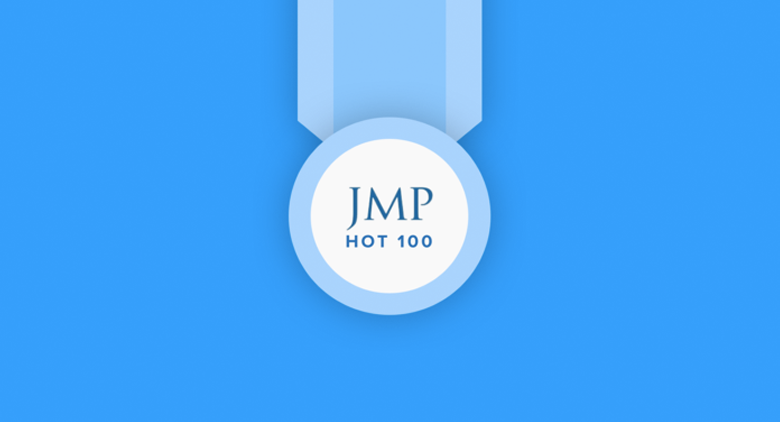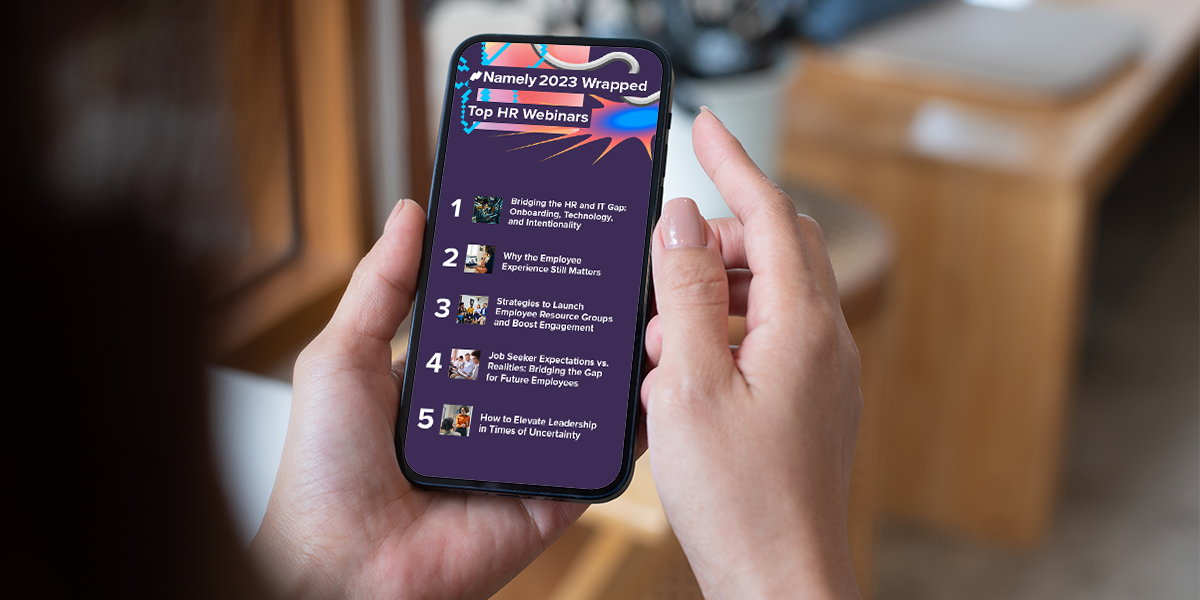
Why It's Harder to Focus During a Pandemic

The uncertainty and worry surrounding the Coronavirus appear to have no end in sight—and it’s affecting the way we think and function.
Since the onset of the pandemic, many of us find ourselves troubled by the inability to focus on even simple tasks. It’s as though our attention span is shorter or we are more distracted and overwhelmed than usual. And you wouldn’t be wrong to feel that way. In fact, 40 percent of American workers are feeling less productive than usual.
One helpful approach for understanding this occurrence is “Cognitive Load Theory,” which characterizes our minds as information processing systems.
When solving for an unfamiliar problem, we rely on our “working memory,” which is limited in its capacity to retain information. However, if we are an expert on a certain topic, most required knowledge is stored in our long-term memory, and the task can be completed on auto-pilot.
With this framework in mind, we can begin to understand why many of us are struggling to digest information and perform as we once did. Here are a few reasons to consider:
Adapting is Exhausting
The constant change unfolding around us has dismantled our daily routines. We have been required to adjust to new ways of working and interacting with one another. Previously, all that was required to join a meeting was showing up. Now in this remote world, we have become preoccupied with having a stable Wifi connection, drowning out noise in our immediate vicinity, and lags in communication via video. The energy required to solve for these nuances forces us out of auto-pilot, drains our “working memory” and drastically increases our cognitive load.
We have also been confronted with spending most of our time in the home environment, a change that requires processing and adapting to new ways of living. With restrictions in place, we have had to change our behavioral patterns to accommodate dining in, ordering groceries online, and sharing our space with many other individuals. This can all take a large toll on our cognitive functioning, leading us to feel exhausted and depleted.
To combat this, try and establish effective routines so you aren’t relying on your working memory to continually adapt. Dedicate a functional space for your home office, invest in a strong wifi system, or try noise-canceling headphones. Find long-term solutions for problems surrounding your immediate environment, so they no longer require your energy and drain you.
Emotions Interfere with Information Processing
With all of the talk of death tolls and danger permeating the news, it’s no wonder we are all on edge and feel chronically anxious. Raised levels of anxiety and stress also increase cognitive load, thus interrupting the deliberate and conscious processes needed for solving mental problems. Intense, negative emotions reduce working memory capacity, which can result in brain fog or forgetfulness.
Indeed, the part of the brain responsible for our ability to focus, known as the prefrontal cortex, becomes weakened when sent too many stress signals. This means our emotional bandwidth is limited, and our problem-solving abilities become inhibited. If prolonged, we can experience lack of motivation, mental paralysis, or even burnout.
When this happens, it’s important to put extra effort into managing stress. Find activities that relax you, such as yoga or meditation. Be sure to incorporate healthy meals and exercise into your daily routine, and plan to get plenty of sleep.
Distractions are Imposing
With the myriad of distractions continually demanding our attention, our working memory capacity has become constrained. According to one study, 59 percent of respondents felt the biggest work-from-home challenge was home distractions.
We’re attempting to divide our focus among tasks that are not directly related to what we want to accomplish. For instance, if we’re trying to watch the news while working on a project, or arranging childcare while on a meeting, not being present will affect our ability to figure out the task at hand.
Furthermore, as the situation with Covid-19 continues to evolve, we constantly have to register and respond to new information such as complex travel restrictions, self-isolation instructions, contact tracing, symptoms lists, and developments around the virus. We are trying to absorb information faster than we are capable of. Fears around health threats, economic downturn, and unemployment arise, all of which put stress on our cognitive load.
If you are feeling weighed down by the news cycle and constant drain on our attention, it’s essential to slow down and begin to focus on one thing at a time. Make an effort to tune out distractions and become disciplined around time management. Set aside time designated for both personal and work tasks. Turn off the news or any notifications on your phone for long periods of time, so your attention is directed toward your current situation.
Although we might be living in this unpredictable time for a while, it’s important to recognize that we are not alone in feeling the way we do. Our brains are being stretched to their limits right now, but we can take steps to reduce our cognitive load and regain our focus.
Want to learn more about how to stay healthy and productive while working from home? Check out our blog post on How to Cultivate Healthy Habits While Working From Home.

See how Namely's flexible solution will help you streamline your HR processes by having your people, payroll, and benefits info all in on place.
Get a demoYou May Also Like
Get the latest news from Namely about HR, Payroll, and Benefits.
Thanks for subscribing!


Get the latest news from Namely about HR, Payroll, and Benefits.
Thanks for subscribing!



